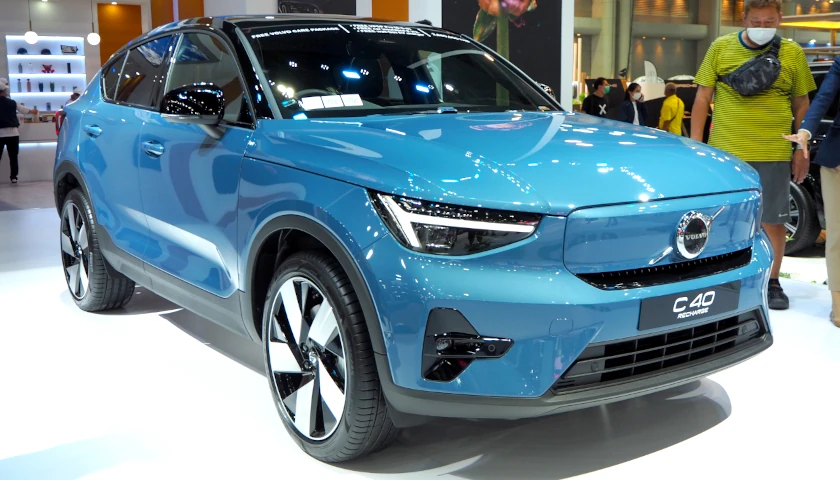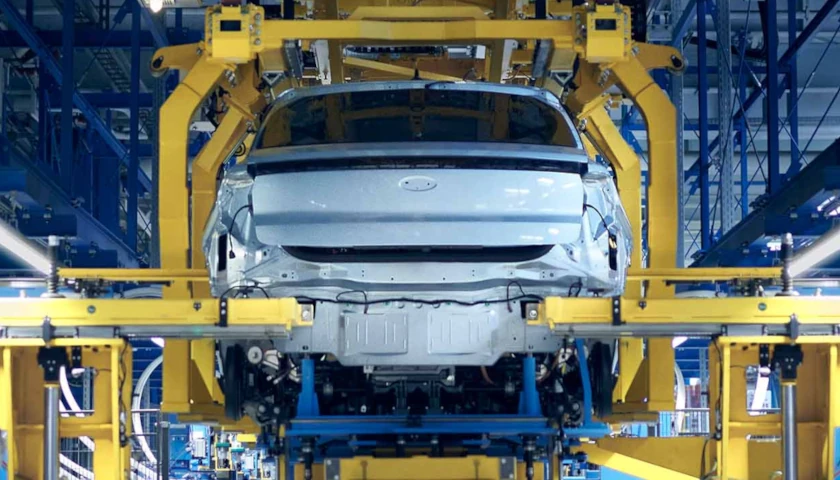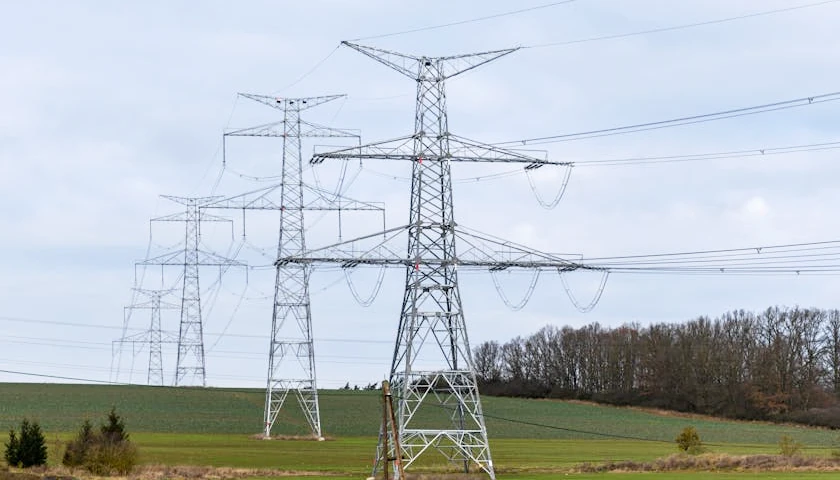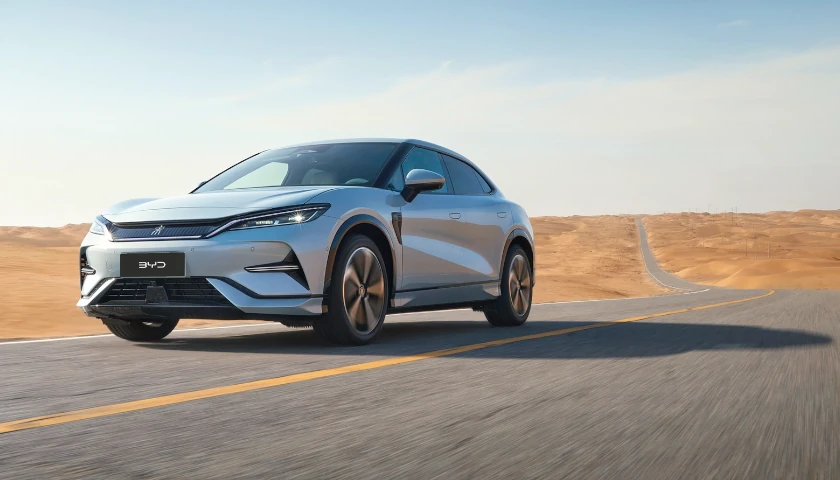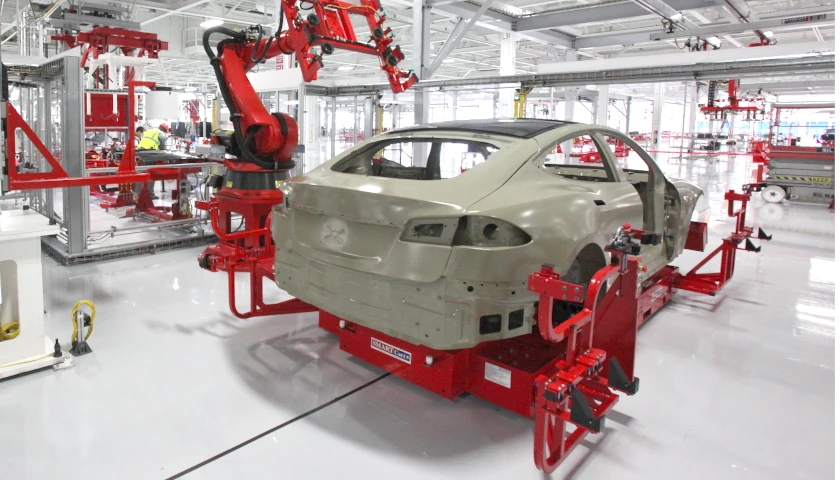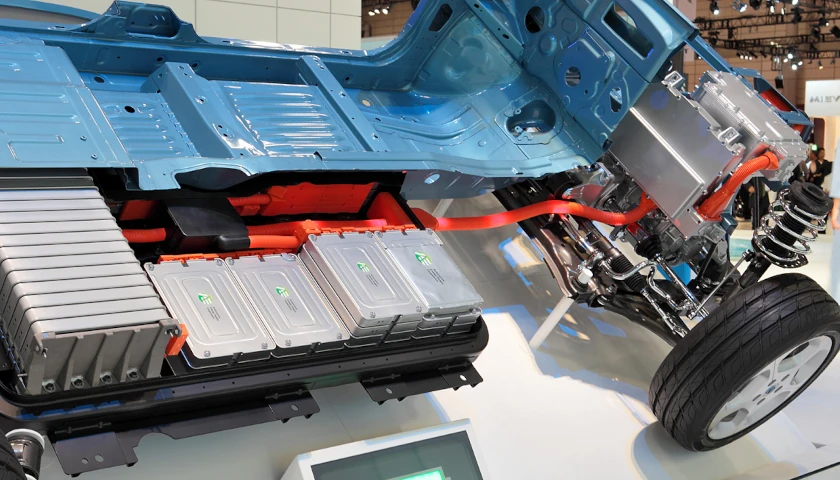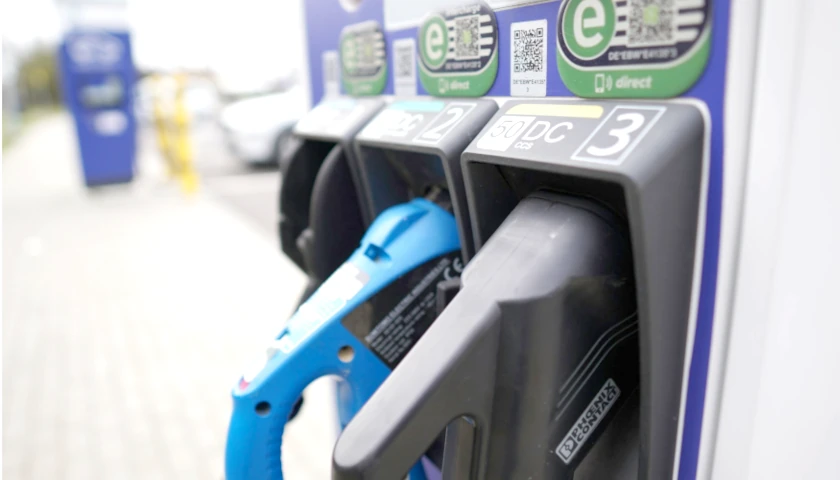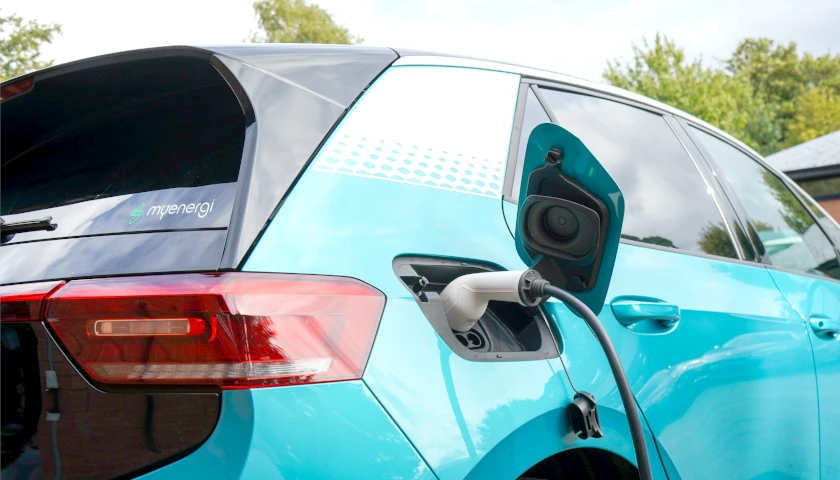Swedish automaker Volvo Cars said on Wednesday that it is scrapping its goal of going fully electric by 2030 as the electric vehicle (EV) market continues to struggle.
The company announced it now aims for between 90 percent and 100 percent of its cars to be fully electric or plug-in hybrids by the end of the decade, with the remainder being “mild,” non-plug-in hybrids, a company press release stated. Volvo’s backpedaling comes amid lower-than-expected consumer demand for EVs and a recent industry shift away from electrification.
Read More